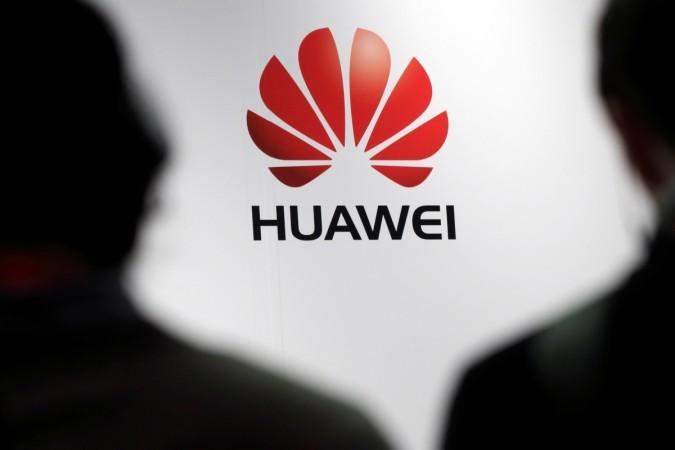Tensions between the United States and China have been escalating ever since the coronavirus pandemic broke. But the two countries have been engaged in a trade war long before the virus outbreak. Huawei has been at the center of negotiations for both countries. While China has been trying to get the ban lifted from Huawei in the US, while the Trump administration has been hell-bent on keeping the Chinese tech giant away from US borders citing national security concerns.
In another blow to the ongoing negotiations between the US and China, the former has declared Huawei as well as ZTE, another Chinese telecom and tech giant, as national security threats.
Sending a 'clear message'
The Federal Communications Commission (FCC) has designated Huawei and ZTE as national security threats, driving a deeper wedge between the US and China. The FCC had voted to deem Huawei and ZTE as security threats, but on Tuesday it has formally declared the proposal.
![[Representational image] US China](https://data1.ibtimes.co.in/en/full/658566/us-china.jpg?w=599&h=353&l=50&t=40)
The FCC has strongly contested against Chinese companies and even considered banning three Chinese telcos from entering the US and it went ahead of barred China Mobile from foraying into the US market last year.
In its decision to declare Huawei and ZTE as national security threats, the FCC has cited reasons of both these companies' ties to the Chinese Communist Party and the country's military.
"Both Huawei and ZTE have close ties to the Chinese Communist Party and China's military apparatus. We are sending a clear message: the U.S. government, and this FCC in particular, cannot and will not allow the Chinese Communist Party to exploit vulnerabilities in U.S. communications networks," FCC Chairman Ajit Pai said on Twitter.

What does it mean?
By labeling Huawei and ZTE as national security threats, the FCC is cutting off access to $8.3B Universal Service Fund federal subsidies if a carrier wishes to buy or maintain equipment provided by either company. This impacts mostly small rural carriers, which rely on cheaper Chinese network equipment.








